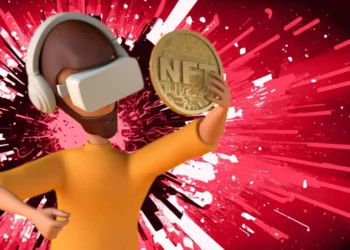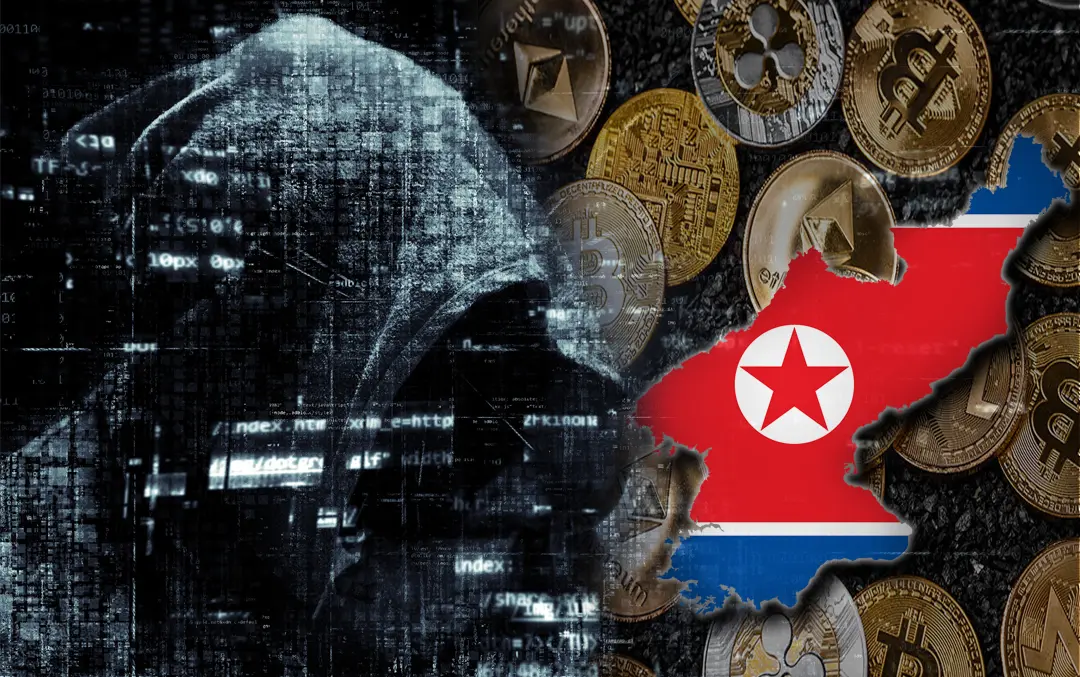Negotiations on an “Infrastructure Bill,” which directly affects the US crypto industry, are fast approaching its final approval phase. However, U.S. senators have still not found common ground on how the keyword “broker” should be defined in the case of cryptocurrency business taxation.
Although the “Infrastructure Bill”, through which lawmakers want to raise hundreds of billions of dollars into the state budget in the coming years to finance the construction of new roads and bridges in the US, is far from just cryptocurrencies, crypto-industry representatives consider it properly formulated by them.
The problem is the definition of the word “broker” and, in particular, that entities that will not be able to meet the requirements arising from it should not be considered a “broker” under the law. Indeed, if the original proposal passes, in practice this could mean that cryptocurrency (PoW) miners, validators (PoS), node operators, software developers or crypto wallet authors would be required to report transaction information and their information to the IRS. users. However, this is impossible in practice due to the way cryptocurrencies work, which would mean that they would not be able to continue their activities because they would be breaking the law.
Progress in negotiations
The most appropriate modification of the definition of the word broker was introduced last week by senators Ron Wyden, Cynthia Lummis a Pat Toomey, but even after days of negotiations, they failed to gain majority support for him. This trio of crypto-friendly sectarians proposed modifications that would exclude all miners, validators, node operators and developers from the definition of a broker. Representatives of the crypto-industry subsequently expressed support for this regulation, with many beginning to call on ordinary people to contact their elected representatives in the Senate directly with a request to support their proposal.
They introduced the second amendment Rob Portman a Mark Warner. However, met with great criticism, because they excluded only BTC miners from the definition of a broker and completely forgot about validators (PoS cryptocurrencies) and other key players in the world of digital assets. This proposal even he also received support from the White House.
On the weekend, however Mark Warner (author of the criticized proposal) presented another slightly better version (this time in collaboration with Kyrsten Sinema). The new version of its amendment exempts not only BTC miners but also Proof of Stake cryptocurrency validators from the IRS reporting obligation. Simply put, this is a better version, but still not enough, because it still forgets a wide range of users – especially protocol developers.
“Unfortunately, Warner’s modified design is still not as good as that of Wyden-Lummis and Toomey. It does not exclude from the definition protocol developers who are not intermediaries and therefore cannot be considered as brokers,“Said Jerry Brito of the Coin Center, who is an important information provider on the subject.
Unfortunately the revised Warner amendment is still not as good as the Wyden-Lummis-Toomey amendment. It does not exclude protocols devs who are not middlemen and should not be considered brokers.
– Jerry Brito (@jerrybrito) August 7, 2021
Another own amendment was introduced by the senator on Sunday Portman, who co – authored Warner with the criticized second version. In the latest proposal, Portman included in the exemption from the definition of a broker almost all entities that require cryptolobists – that is, miners, validators, stacking, software and hardware developers or node operators. However, it does not include smart contract developers, which can still be a problem. Nevertheless, Jerry Brito praised the proposal via Twitter.
I’m happy to see Sen. Portman was explicit in his floor statement today that miners, stakers, and similar validators, as well as node operators and devs, are not covered by his provision. This clear statement of intent will help ensure Treasury interprets is correctly.
– Jerry Brito (@jerrybrito) August 8, 2021
Is it too late?
The amendments to the law were discussed practically the whole weekend, but there was no final agreement as to which version would pass. However, Twitter reports (tweets from Jerry Briton, Cynthia Lummis, Jake Chervinsky, etc.) suggest that there has been a great deal of effort among lawmakers in the last hours before the weekend talks to find the best solution that everyone agrees with, underlining Portman’s latest amendment. . However, the worst-case scenario may still occur – that the original design will move to the final version of the Infrastructure Bill.
Senator Cynthia Lummis pointed out that in order to include amendments in the Infrastructure Bill, it was necessary to obtain support in the Senate for an agreement on the authorization of changes. This brings with it the application of the so-called 30-hour rule, which will give senators plenty of time to read the amendments they should vote on.
Unfortunately, Lummis added that there is no consensus in the Senate on this matter, as some senators are pursuing their own interests (the Infrastructure Act is far from limited to cryptocurrency notes) – she specifically mentioned Senator Schumer, who is in favor of a quick vote, so that in the Senate to focus on other legislative changes.
“So we are in a dead end. I understand my colleagues. However, real people will be hurt if we do not change the wording of this law. We will be meeting again tomorrow and will work again to convince our colleagues and Senator Schumer that our amendment deserves a vote.” Lummis wrote on Twitter and added:
“Tomorrow at nine in the morning, the offices will reopen as usual. Do not hesitate to call your senators and let them know your opinion on how things should move forward. “
The approval of a definition that would not undermine the crypto-industry as such is still at stake, but the chances are relatively small given the 30-hour rule and the interest of senators in voting on the law as soon as possible. Jerry Brito summed it up in this spirit:It’s not over yet, but it’s almost over. There is still a chance, but it is small. See you again tomorrow morning. “
It’s not over, but it’s almost over. There’s still a chance, but it’s a small one. We’re back at it tomorrow AM.
– Jerry Brito (@jerrybrito) August 9, 2021
The crypto-community has shown its strength
The US senators apparently had no idea that cryptocurrencies could be a burning issue in the Infrastructure Bill. Even a topic that will significantly prolong the negotiations and reach the front pages of the mainstream media – for example, the headline of the Washington Post.
Proponents of cryptocurrencies, thanks to social networks, have made it clear to US lawmakers that cryptocurrencies are extremely important to them and that they are willing to fight for them. In recent days, there have been many reports of ordinary people really calling their representatives in the Senate, warning them that the original wording of the definition of the word broker in the Infrastructure Bill is simply incorrect and will threaten the entire American crypto-industry. The senators, who are elected by these people, have noticed and have begun to take the issue more seriously.
Several well-known names also expressed support for the changes, including Jack Dorsey, CEO of Square and Twitter, as well as Elon Musk, who mentioned the subject of the law on Twitter.
So whether the law passes in its original (catastrophic form for cryptocurrencies) or in a more acceptable version, it is certain that it is not won. Jake Chervinsky indicated last week that if the law threatens the American cryptographic industry, he will go to court with this topic or lobby for retroactive amendments.
Will ETH return to ATH? Top traders commented on the situation

























